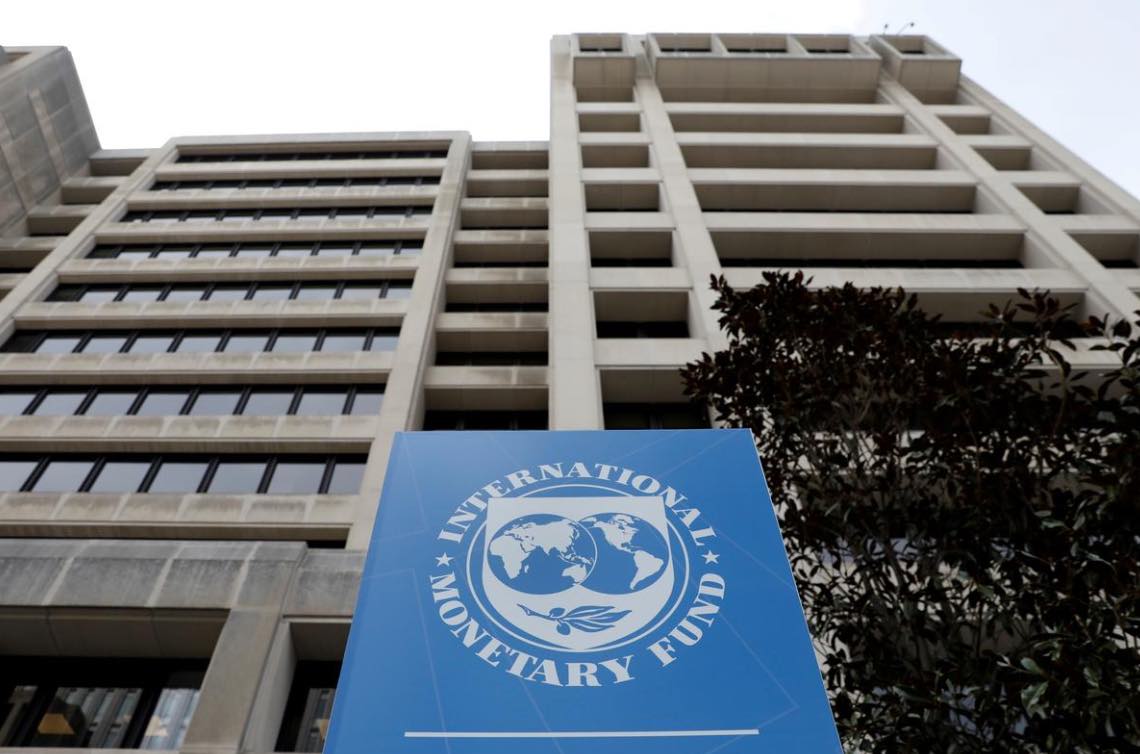The International Monetary Fund (IMF) welcomed the social reforms announced by the Egyptian government as part of the state budget for the fiscal year 2011/2012.
In a statement published on its website two days ago, the IMF said the fresh set of procedures proposed by the government show that it is on the right track, as they bolster the economy, create new jobs and help limited-income categories. The IMF also said negotiations for the granting of a loan to Egypt are proceeding well.
The government said on Wednesday it will levy new taxes and pay out unemployment allowances, for which it will establish an LE2 billion fund. It also announced it is raising the minimum wage to LE700 a month to achieve greater social justice.
Minister of Finance Samir Radwan, meanwhile, held meetings with representatives from political parties to discuss the new state budget. He is scheduled to meet with authors and intellectuals on Sunday to continue discussions before the budget is approved by the ruling Supreme Council of the Armed Forces (SCAF).
Business organizations have started coordinating efforts to formulate a unified position on the budget. Osama Saleh, head of the General Authority for Investment, said he will not comment until the government and the SCAF make final announcements.
Ahmed al-Wakil, the head of the Federation of Chambers of Commerce, said the federation will announce its final position on government proposals for additional taxes on Tuesday. He added that the federation is putting together a comprehensive vision that could be an “economic constitution” for the country for three decades to come.
Ashraf al-Gazayerli, head of the Egyptian Junior Businessmen Association, said imposing fresh taxes on businesses will force owners to break companies down into smaller ones and evade taxes, which will eventually reduce tax revenue.
He added that imposing new taxes will impact negatively on the investment atmosphere in the coming period.
Hani Sarieddin, a former head of the Capital Market Authority, said the worst aspect of the new budget is not the new taxes, but the fact that people working in business are viewed in a negative light.
He said while social justice is important, so is the timing and method of revenue generation.
Fouad Abu Steit, an economics professor, also said the latest bundle of decisions taken by the government will backfire and have negative repercussions on investment.
He added that there are other options the government could have resorted to in order to generate greater revenues and curb expenditure, adding that there is a need for an austerity plan.
Translated from the Arabic Edition




